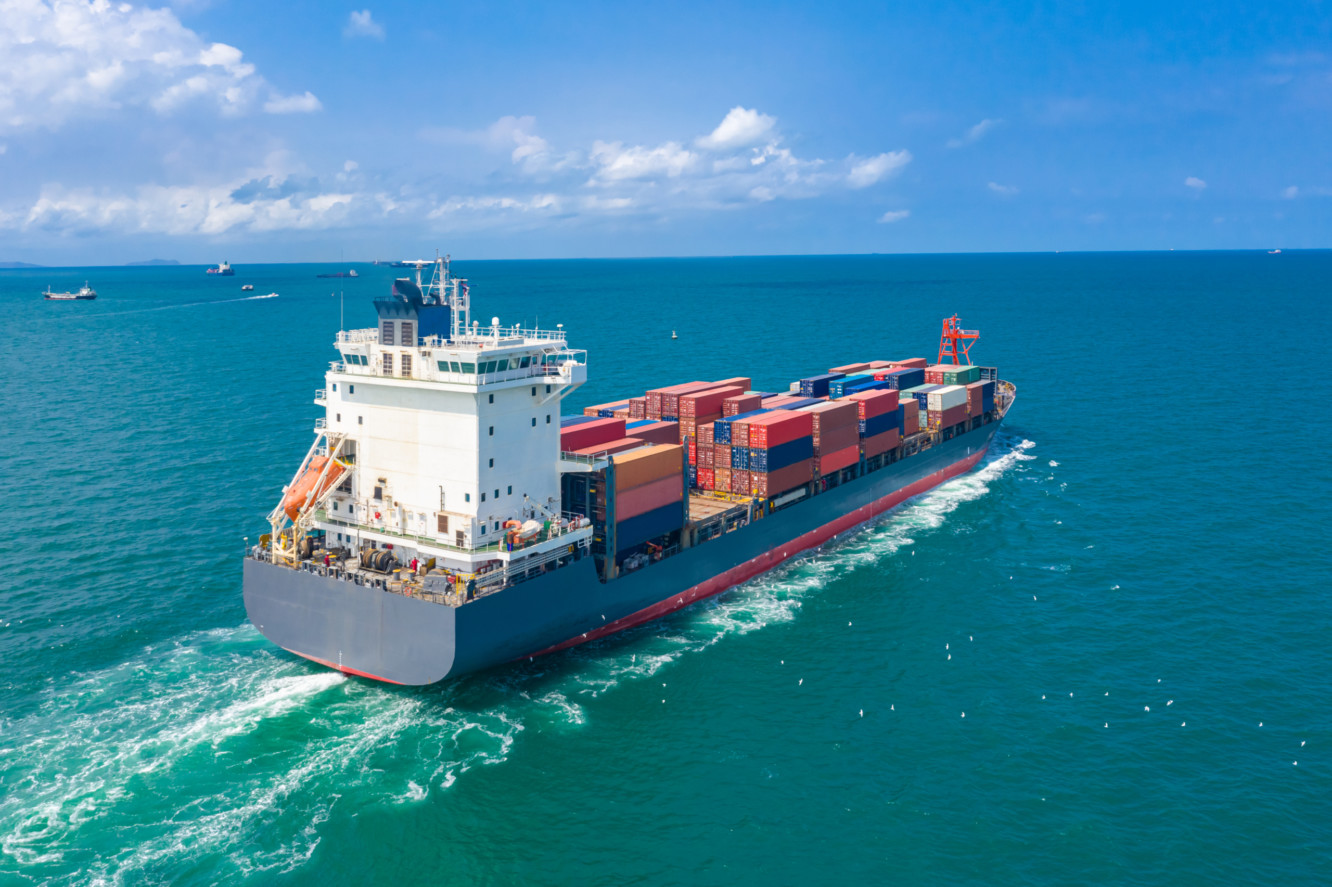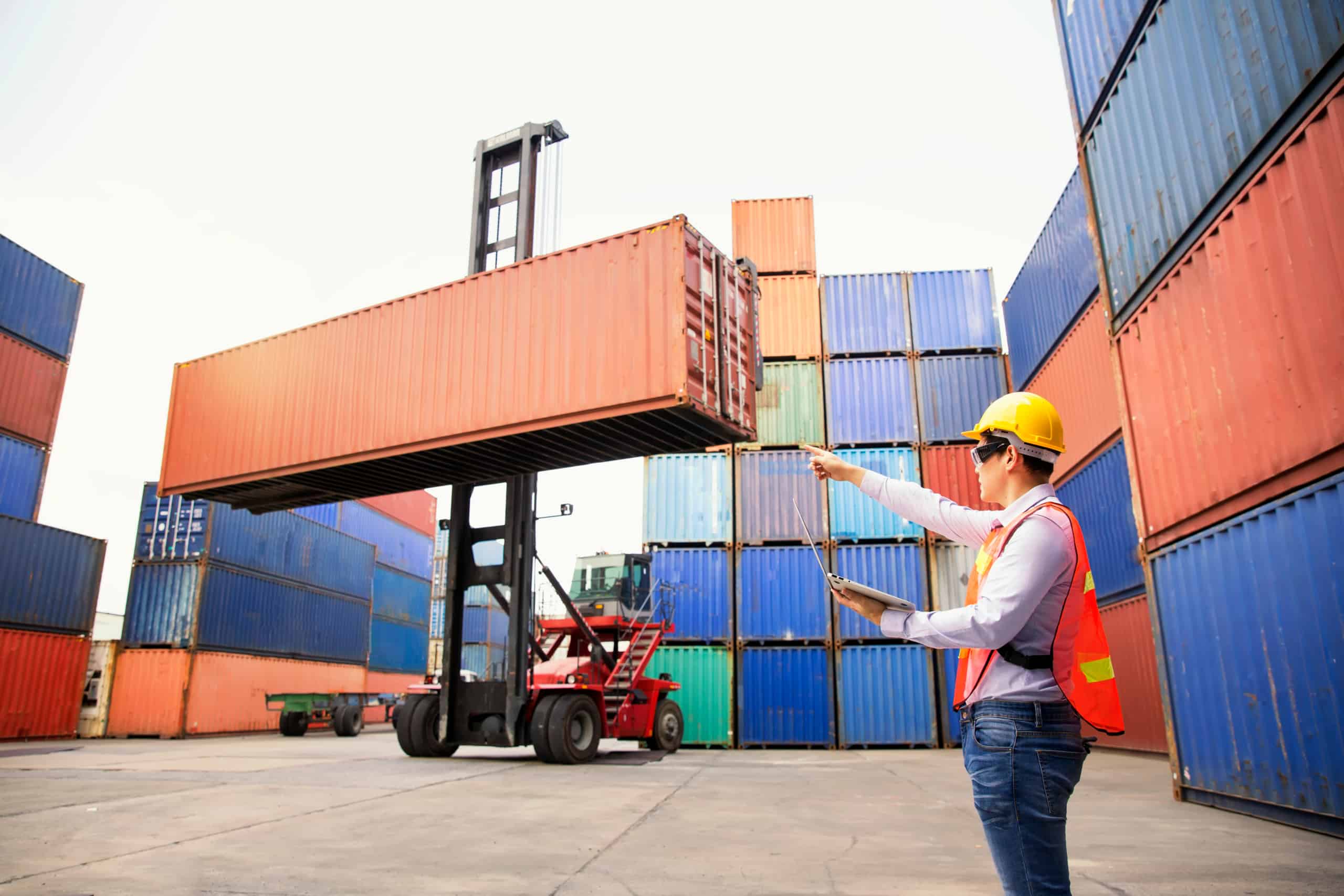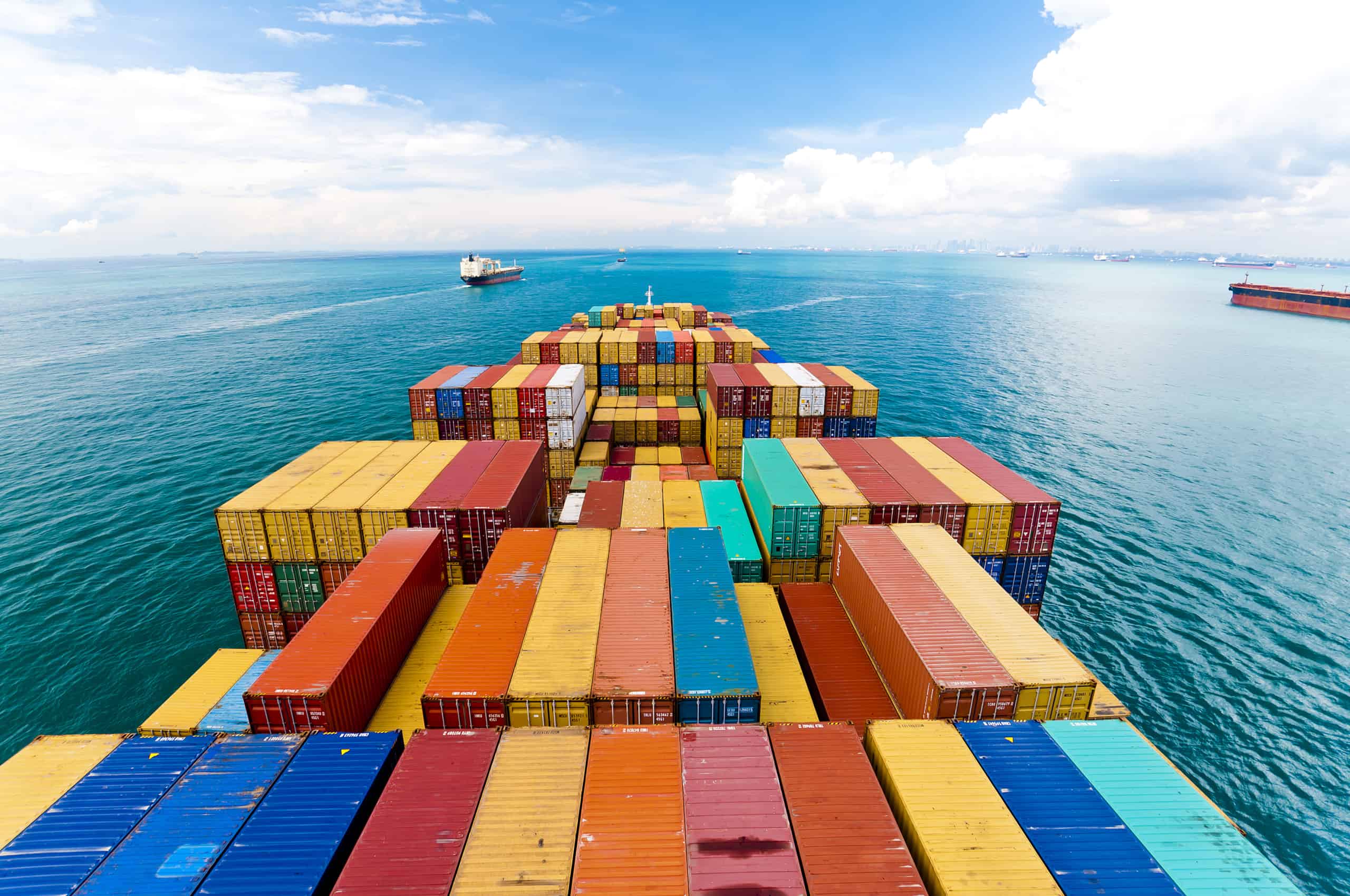Just like the rest of the world, freight forwarding companies and their customers are living in unprecedented times. As supply chain interruptions continue to grow alongside the COVID-19 pandemic, many shippers are struggling to get their goods across water due to reduced sailing. Lake Shore Global Solutions (LSGS) is a recognized ocean freight forwarder, a U.S. leader in warehousing, and an international FCL and LCL provider. We feel that now, it is as important as ever to emphasize the services we are capable of providing to our customers during this especially difficult time.
The Benefits of Ocean Freight Forwarding During COVID-19
While COVID-19 has had a large impact on the freight forwarding industry as a whole — something we, alongside other freight forwarders, continue to adapt to — LSGS continues to specialize in ocean freight forwarding. As the spatial limitations of air freight forward continue to drive up rates around the world, ocean freight forwarding remains one of the most cost-effective and accessible shipping methods. Without a doubt, this contributes to the fact that it is utilized for 90 percent of international shipping transactions. There are five major benefits to ocean freight forwarding, many of which have become amplified during the age of COVID-19:
- It’s cost-effective. Without question, ocean freight forwarding offers the most competitive rates for shippers (especially in long-distance transactions). According to Freightos, some ocean freight shipments can be upwards of five times cheaper than transporting the same shipment via air.
- It’s convenient. Regardless of the weight and dimensions of your cargo, ocean freight forwarding is capable of accommodating your shipment. It is the most efficient way to transport both high-volume shipments and over-dimensional cargo. When it comes to “breakbulk” cargo, such as vehicles, construction materials, or equipment, ocean freight forwarding can transport cargo that other methods of shipping simply cannot handle.
- It’s safe. More than any other transportation vehicle, these ships are designed to transport hazardous materials. There are many regulations set in place that have caused incidents of loss to drop significantly over the past decade, and to protect these vessels, along with their crew, cargo, and the environment. Which leads us to our final point…
- It’s environmentally friendly. The fact is, carbon footprints are commonly higher for other methods of shipping (including air freight forwarding and domestic trucking). Not only do these sea-faring ships produce fewer grams of exhaust per ton of cargo transported, but these numbers continue to lessen as technology advances.
Learn the Difference Between Shipment Types From an FCL & LCL Provider
Of course, this method of shipping remains popular due to its capability of facilitating large-volume transportation and varying cargo sizes. Two of the most common types of shipments are LCLs and FCLs, or Less Than Container Loads and Full Container Loads, respectively. You may be surprised to learn that these terms don’t actually refer to the size of the cargo loads, but the owner of the cargo.
FCL & LCL providers describe FCL shipments as shipments in which all cargo in the container is owned by one party, while LCL shipments are comprised of goods from multiple shippers. These distinctions come in handy for businesses considering variables such as inventory requirements, cost, and commodity type. FCL shipping is ideal for bulk items and large-volume products while LCLs are used to maintain smaller, more adaptable shipments. In determining the which shipment type is right for your cargo, freight forwarders tend to take two additional variables into consideration:
- Security. While security is important for shipments, it’s the level of security that can sometimes change depending on what shipments are vulnerable to movements during the shipping process. FCLs could be considered more secure based on the fact that the container does not contain cargo from multiple shippers, although for shipments susceptible to movement, LCLs are often packed more compactly.
- Urgency. LCL shipments are more commonly prone to delays due to how many times it’s handled throughout the shipping process. These shipments must be unloaded and reloaded each time they arrive at a transshipment port.
Additional Freight Forwarding & U.S. Based Warehousing Services
While there are many benefits to utilizing ocean freight forwarding, especially during the current health and economic crises, we understand that it is not right for every piece of cargo. That is why LSGS offers a wide array of services designed to efficiently transport and store your cargo, including:
This includes our own warehouses in Erie and Charleston, in addition to a nationwide network of warehousing partners, each with their own state-of-the-art warehouse management system to support all inbound and outbound logistics functions. Our warehousing services allow customers to effectively service key markets and practice flexibility in ever-changing market conditions. For a quote on one of our freight forwarding or storage services, contact us today.





